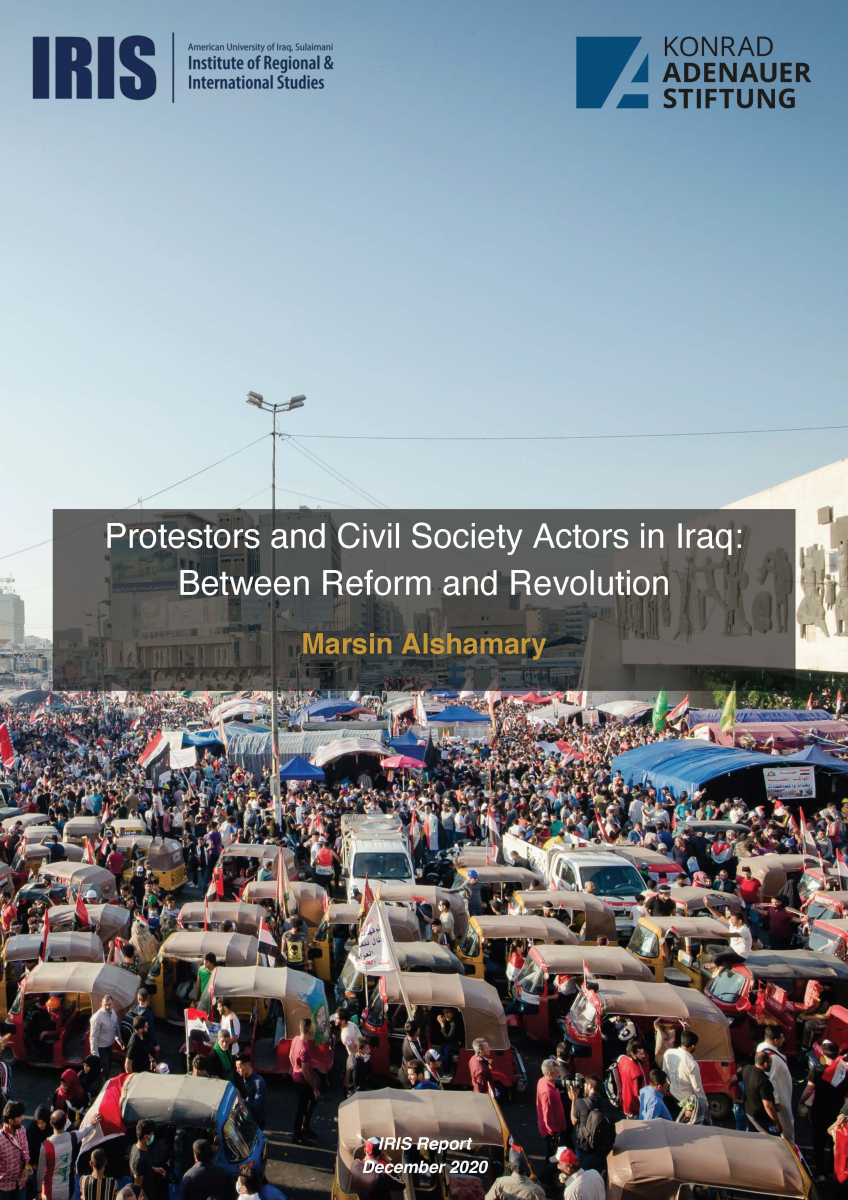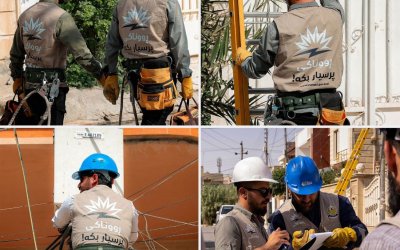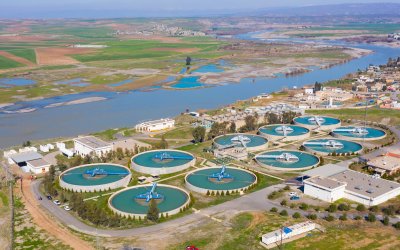This report argues that the protest movement emerged spontaneously and represents a novel kind of social movement in Iraq, pushing the boundaries of what constitutes civil society and activism. The role of traditional civil society–i.e. civil society organizations (CSOs) and nongovernmental organizations (NGOs)–was relatively minimal in driving the formation and trajectory of the movement. Rather, a new class of reformist civil society activists has emerged in Iraq. Second, nuancing the image of the protestors as revolutionaries seeking to overturn the system, a significant subsection of this new class of activists is pragmatic and working towards reform from within current institutions. Not only are these reformist activists democratic but they are also able to identify the aspects and institutions within Iraq that can be harnessed for political change. For this reason, these activists seek involvement in the political process as opposed to rejecting the current system and its institutions.Finally, the demands of the 2019 protest movement are markedly different from the past. They have evolved as the protest movement itself has persisted under repression by security forces and paramilitary groups. Additionally, the demands are shaped by a delayed coordination from civil society activists to streamline and unify the demands of the protesting masses.
Click here or the photo below for the full report.






